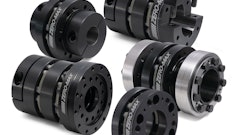Due to the continued market weakness in the North American truck and trailer markets, which are forecast to decline again in 2017, and in an effort to consolidate production and centralize it closer to the truck and trailer customer base, SAF-Holland has made the decision to consolidate and restructure its North American plant network. This decision will align the organizational structure with the changes in the market situation and secure the long-term competitiveness of the North American plant network. This new structure will be accompanied by an adjustment in the excess production capacity at the North American locations in order to improve capacity utilization. The internal logistic processes will also be optimized to improve delivery times.
At the center of these plans is the consolidation of production by reducing the number of manufacturing plants in the U.S. from seven plants to five. As a result, production at the Muskegon (MI) and Holland (MI) locations will be transitioned to the group locations Dumas (AR), Cincinnati (OH) and Wylie (TX). This means the production of individual product groups, which until now was dispersed over various group locations, will each be centralized at one location. The remaining locations are closer geographically to the major truck and trailer customers so that lead time responsiveness can be improved and customer requests for locations with shorter delivery times can be met.
The testing centers and administrative offices of the Muskegon and Holland locations will be centralized at the facility in Muskegon (MI). This will enable the company to build a new state-of-the-art engineering and technology center at the Muskegon location. In addition, the headquarters and corporate functions of the Americas region will be centralized in Muskegon.
The transition, which is expected to be implemented in a maximum of 18 months, will lead to one-time restructuring costs of up to an estimated US$10 million in 2017. These costs will consist mainly of moving costs, impairment on machines, and equipment and severance payments. SAF-Holland expects that the vast majority of these expenses will be recognized in the 2017 financial year. In this respect, it is important to note that the group’s key performance indicator – adjusted EBIT – is adjusted for any restructuring costs. In addition, approximately US$ 3.0 million in additional investments are planned for the remaining locations.
The consolidation of production capacity in North America allows for far-reaching improvements through better customer proximity and thereby leaner logistics operations, centralized production processes and productivity increases. SAF-Holland currently expects to reduce the direct cost base by a mid-single-digit US$ million amount annually after the completion of this restructuring.

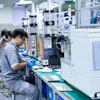
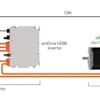
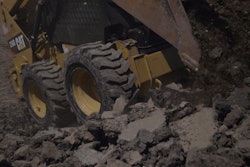
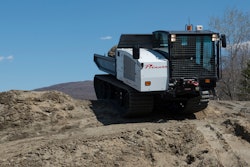
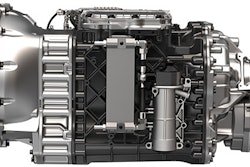



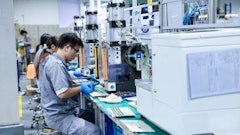
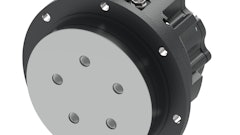

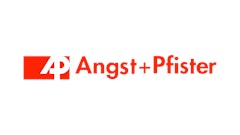


![Sa P75 I Sahr[80]](https://img.oemoffhighway.com/mindful/acbm/workspaces/default/uploads/2025/10/sa-p75-isahr80.Cn3n79HB4H.jpg?ar=16%3A9&auto=format%2Ccompress&fit=crop&h=135&q=70&w=240)


